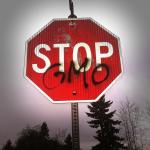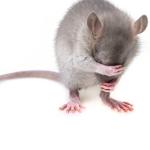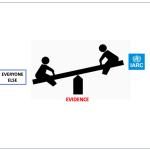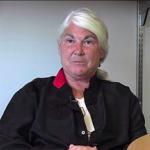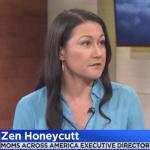Introduced in the 1990s, crops genetically engineered (GE) to withstand exposure to the weed killer glyphosate (Roundup) were a game-changer for agriculture.
glyphosate
New York City Council Member Ben Kallos sure knows how to play the game. In his quest to get glyphosate (Roundup) banned from parks and other public spaces, he uses a tried and true method.
Note: This article is republished with permission from the
If the media has a question about biomedical science, one would assume that a scientist or doctor would be the go-to source of information. But this is 2020, and we're way beyond that.
Just two days ago, Dr.
In his Farewell Address, President Eisenhower warned of the military-industrial complex, a partnership between the military and defense industry that was financially incentivized to promote war over peace.
Let me get the controversial, hot-button words out of the way, Trump administration, Roundup, Monsanto. For just a moment, irrespective of which side of the aisle you wish to embrace, put the emotions aside, and consider the following facts.
